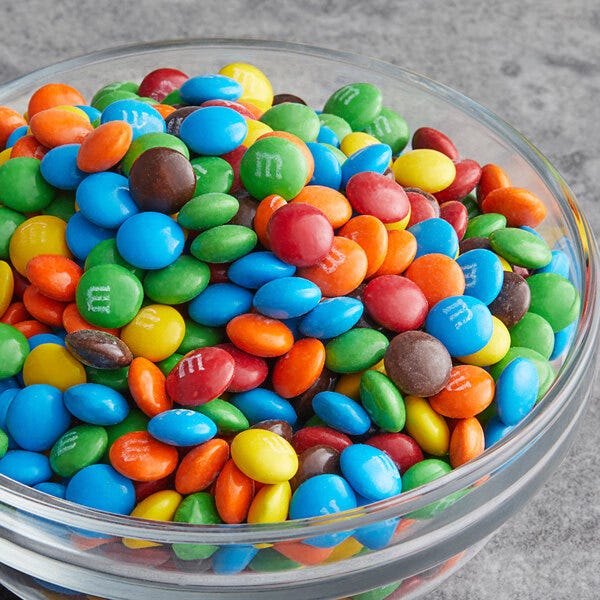The Medicine That I Need
I could see the sparkle of dust motes moving through the air. I didn’t know what they were, but they seemed magical.
This is how it started. This is what I believe. Memory can be unreliable, but memory can also be a starting point. Even if my memory isn’t completely accurate, it’s provided me with clues to understanding what happened that I believe contribute to the way I am.
This is the story I’ve told myself for years. I do think it’s true. The memory is so strong, I can still feel it in my body.
I woke up in my playpen. I was 3, maybe 4-years old. Still sleepy from my nap, I yawned and stretched. The living room was dimly lit, the afternoon sun slanting in through the partly open, off-white venetian blinds. I could see the sparkle of dust motes moving through the air. I didn’t know what they were, but they seemed magical. Pulling myself up to stand, holding on to the railing of the playpen, I looked for my mom. She wasn’t there. Someone else was standing to the side of the playpen, towering over me. I heard a sound, like metal jingling, looked up a little, and saw a gold charm bracelet, hanging from a wrist. Her wrist. It was Nanny, my grandmother, so big, so tall, with her steel gray hair. The smell of her flowery perfume was overwhelming.
My heart began to pound, I couldn’t catch my breath. Where was Mommy? Where was she? She was here before I went to sleep. Why did she leave me? I was frightened, confused. I could feel the burn of tears forming, and I fought to hold them back.
Nanny leaned over, reached down for me, and extended her arms to lift me up. I pulled back, away from her, moving to the furthest corner of the playpen.
“My shayne maidele!” she boomed. “My pretty little girl” in Yiddish.
I scanned the room, searching desperately for my mom. Nanny was scary, she was loud. She hugged too tightly, her kisses were wet, and kind of smelly. I inhaled deeply and then I screamed. I exhaled terror and screamed again. Then I screamed some more. And more. The tears came. They were torrential.
I stood there screaming and crying, gripping the plastic-covered railing, and something came down from above. Slowly, slowly, slowly it came into view. A bag of M&Ms. My favorite. I tried to grab the bag, still wailing. But she pulled it away, out of my reach.
Then Nanny said, “When you stop crying, you can have the M&Ms.”
I must have considered my options. What I really wanted was Mommy but she wasn’t there. But the candy was, and I wanted that too. I wanted the candy more than my fear, more than my sadness. That candy would be a comfort. I turned off my tears and sealed my fate. Feel, or eat?
Throughout my adult life, I’ve reached for M&Ms, and other foods, whenever I’ve wanted to self-soothe, tune out, suppress the feelings that are too hard to experience. I still buy those M&Ms sometimes and eat them. They don’t taste as good as they used to. I acknowledge that as I eat them. They’re merely a symbol now. They might calm me momentarily, but afterward, I’m still left with myself, and my stuffed feelings.
What I thought once helped is no longer the medicine that I need. Learning that, knowing that, means recovery is happening.





Such an important insight, and beautifully written. How many of us are medicating with something that no longer serves, or even medicates?!
Okay, my friend, here’s the weird thing. I consider M&M’s to be my first addiction. As a child, once I started eating them, I couldn’t stop. I also still buy them, but wish I didn’t.